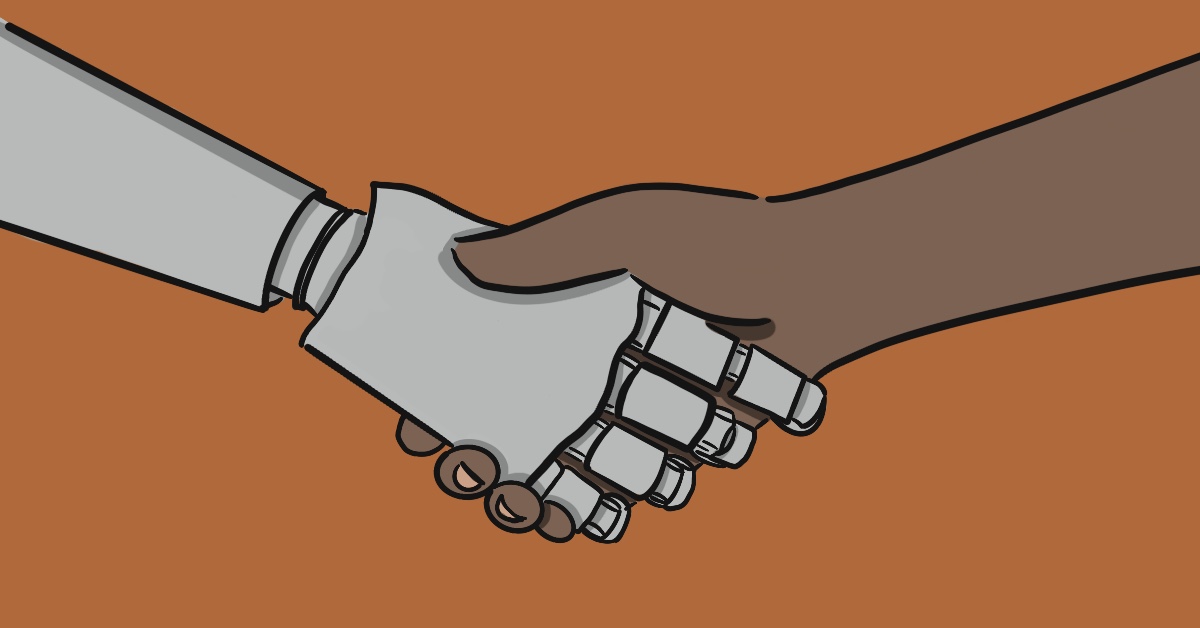Stepping into the future of work
From changing expectations for work to technological advancements such as generative artificial intelligence (AI), the workplace is being redefined as we speak. We are looking toward using advanced tools and new skills in our careers, and the specific work we will be doing in the future is also changing.
Not only that, but work stress is on the rise, and the need for accommodations, support, and open discussions between employers and employees is rising. Employees are more concerned about doing meaningful work and maintaining flexibility. The flexibility may extend not only to the opportunity of hybrid work, but also to the specifics of what they will be doing—including how meaningful the work might be, the colleagues they may collaborate with, and their ability to take command of their schedule.
The advancement of technology, such as the introduction of generative AI use, is changing the nature of work for people. Many processes are being automated, enabling people to focus on strategic work that they may deem more meaningful rather than repetitive. As the accuracy and reliability of generative AI rises, the changes to people’s work will also be more drastic.
With this, skills that were once heralded for their worth may lose value over time. As the workplace changes, so must a person’s skill set. We are slowly moving away from the idea of job-for-life. Simply put, the world is changing quickly. An array of opportunities is being made available to those willing to learn new skills and are open to new experiences. The ability to reskill when needed is a trait contributing to people’s success in future work.
With the advent of the Internet, people now have access to a plethora of resources. Self-learning plays a significant role in honing skills and improving one’s chances of employment. As the method of work is redefined, so is the way of learning. Self-learning gives people flexibility and a high degree of control over their progress. The traditional methods of learning in the world of academia may not be effective for some people, and the knowledge and skills being taught are, in many cases, becoming out-of-date.
A numeric grade does not comprehensively evaluate a student’s academic success, a degree may no longer be the focal point for employment as time progresses. The ability to stay motivated, continue learning, and keep up with the change of skills demanded by the workplace may now be what sets one job candidate apart from another. Changes are bringing about new opportunities, and organizations are looking at what skills people have that may bring value to work.
As the landscape changes around us, the previously well-illuminated way forward in our professional lives may now branch off into a multitude of paths. In fact, the initial plans people had when they embarked on their higher education journeys may no longer be feasible. The path people may end up taking, the skills and experiences they collect along the way—these may be unknown, but the potential is there. All anyone can do at the present is to be open to trying new things, stay determined to succeed, and be a life-long learner—ready to face the next big change as it comes.

